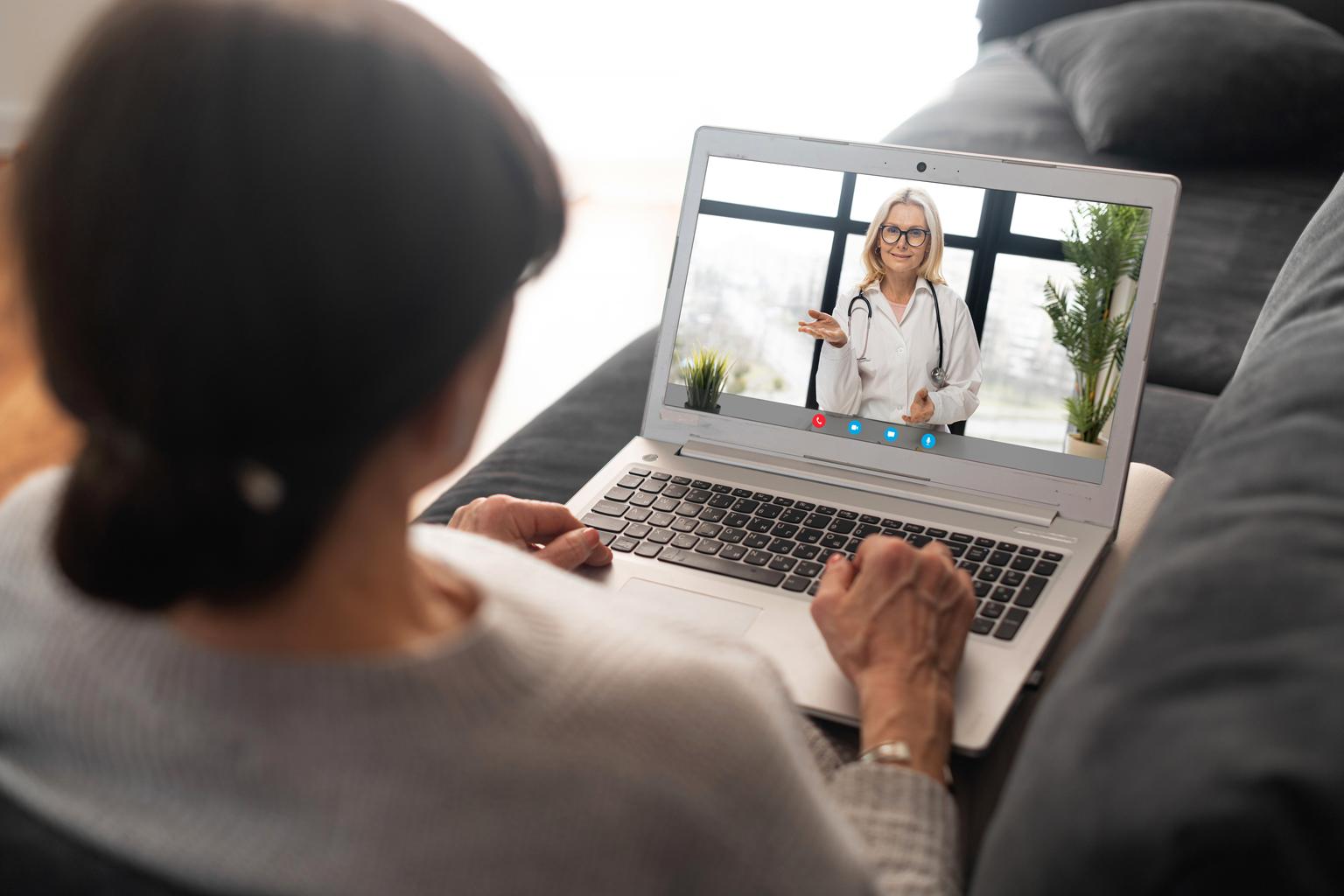Healthcare was already reckoning with physician and nurse shortages well before COVID-19, but now it’s mission-critical.
As gyms, hotel rooms and military vessels turn into pop-up care centers, facilities need more clinicians on the front lines than ever before—especially as healthcare workers inevitably get sick and put out of service by the novel coronavirus.
So, states are asking for help. Governors and other officials from New York, Illinois and other states have sent emails, texts and letters requesting physicians and nurses who have retired from medicine, or who now work in nonclinical roles, to come back and fight COVID-19.
Thousands have pledged to do so, enabled by state-based emergency actions that restore expired licenses or broaden the scope for medical students, nurse practitioners, out-of-state clinicians and others, as the National Conference of State Legislatures explains. Some states, like California, even provide malpractice coverage to clinicians who help.
How and when they’ll get deployed depends on local resources and needs, but potential placements might range from clinical care to behind-the-scenes support, according to U.S. News & World Report. Some states have even organized online portals that show a daily dashboard of nearby needs, one retired physician told NPR.
If you also find yourself potentially back in practice as a medical volunteer, you might get to help with several clinical areas. Here are a few of them.
For more COVID-19 resources and tools, visit Health Clarity.
Telemedicine support
Not all returning clinicians will practice in-person patient care. Given the number of retiring physicians coming back in their sixties or seventies, perhaps that’s a good thing: Older populations face a higher risk of severe complications of the virus, according to the Centers for Disease Control and Prevention.
Still, those with clinical expertise can help remotely via telemedicine or other phone-based support. One volunteer told the U.S. News & World Report that she spent her first day as a volunteer walking newly tested patients through next steps on the phone. That kind of support can be invaluable as it frees up field providers to care for patients in greatest need.
Caring for non-COVID-19 patients
Some volunteers may find their skills needed in departments that don’t have COVID-19 patients so that existing staff can move to more critical areas of the hospital. Alternatively, some states, like Connecticut, have built temporary facilities to care for non-coronavirus cases, which could be another possible option, depending on need.
Ventilator operations
Respiratory therapists and others with specialized expertise certainly have something to offer, especially considering the shortage of people trained to operate ventilators cited by the Society of Critical Care Medicine. With thousands of respirators ordered in the hardest-hit states, someone will need to handle those machines, after all.
Testing sites
As coronavirus testing ramps up, many facilities may need volunteers with clinical expertise to oversee COVID-19 testing sites or drive-through sites. Teams could have demand for both clinical and nonclinical tasks, from infection containment to translation.
Teaching and training
In its resource guide for returning physicians, the American Medical Association offers another creative way to help: Teach at a medical school. Though education has gone to a more virtual place, your assistance may be needed as faculty and assistants get wrapped up with research and other needs during the coronavirus crisis.
Crisis or not, you’re still needed
If you feel like your skills would help right now, check with your state to learn how to get back in practice. Many requirements and needs can vary—and with the crisis, they’re changing by the day.
But also bear in mind that many of these needs will outlast the outbreak, and the physician shortage could stick around well after the curve flattens. Crisis or not, you’re still needed. Whether you volunteer part time or take on full-time shifts for the foreseeable future, know that you’re doing a tremendous service for your colleagues and also for the greater good.





